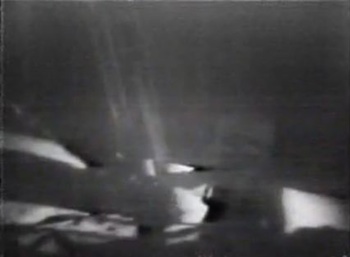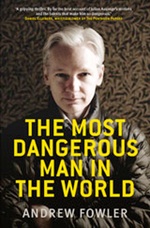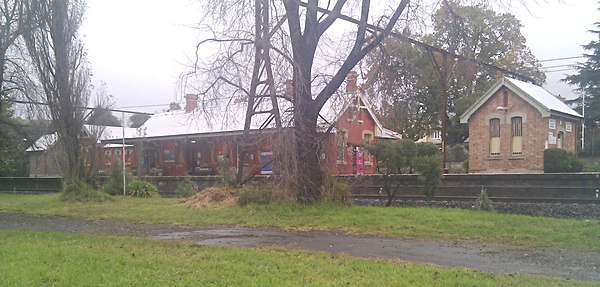 While the superpowers were busy spending billions on a Space Race that would ultimately lead to a series of blurry television pictures, there was another, far more real, Space Age unfolding. In my head.
While the superpowers were busy spending billions on a Space Race that would ultimately lead to a series of blurry television pictures, there was another, far more real, Space Age unfolding. In my head.
As B Smith said, in the 1960s there were snap-together rockets in Kellogg’s breakfast cereal boxes, including reasonably detailed models of the actual Apollo spacecraft, some of the more speculative NASA designs — even, as this close-up photo shows, vehicles from Thunderbirds and Captain Scarlet and the Mysterons.
The real imagined future of US and Soviet space exploration blurred with the imaginary imagined future of Gerry Anderson to create, in my mind at least, a gloriously unfolding set of possibilities.
My favourite breakfast cereal toy of all was the Kellogg’s Molab, pictured above — although I’m pretty sure mine was blue. Apparently it’s loosely based on NASA concepts for a manned MObile LABoratory for cruising the Lunar surface, much like this book cover illustration. General Motors even built a mock-up. However once the Moon Landings had happened, the follow-up programmes to Apollo were killed off.
I kept losing my Molab’s wheels. Probably because I didn’t glue in the axle pins. But that didn’t matter. I re-imagined it as a spacecraft. The wheel mounts became fold-down exit ramps for rapid troop deployment.
But my favourite space-related TV series from that era was Fireball XL5. May I recommend the opening and closing titles? Or perhaps this version by Bob Downe.
[Photo: Kellogg’s Molab cereal packet premium image thanks to Wotan of the Moonbase Central blog. If you grew up during the Space Age, you’ll lose yourself there for hours.]



